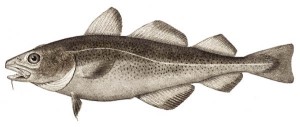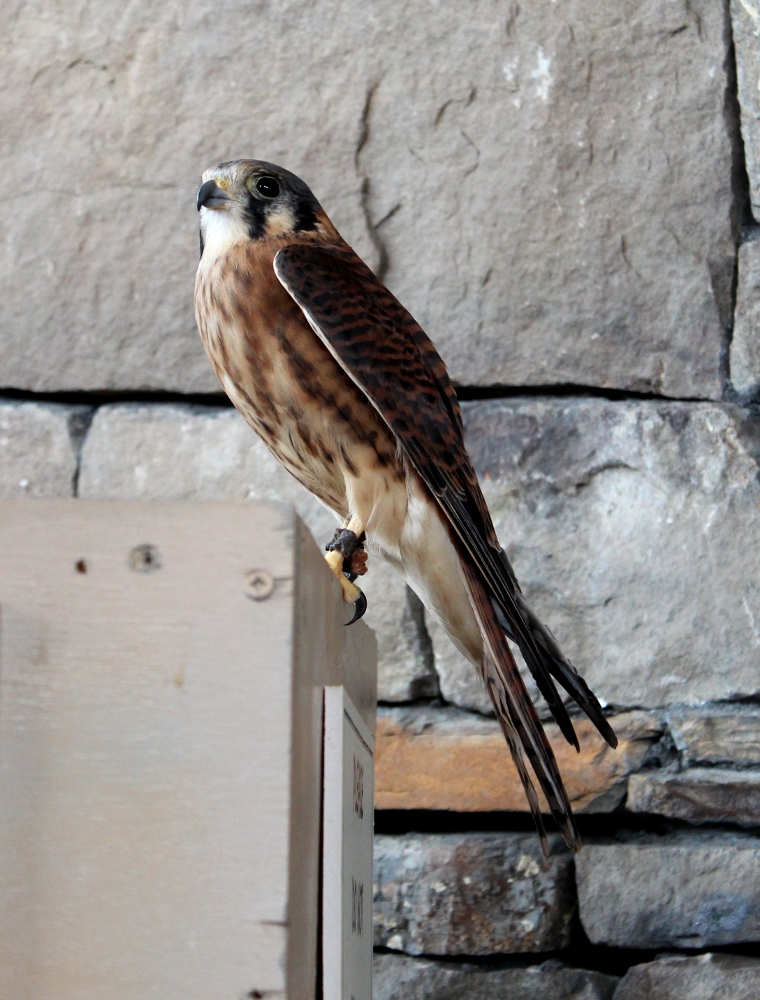Last week Lon Sarver wrote a fantastic post called The Past is Not Gone, about how the Law of Attraction is utter bunkum. For those who aren’t aware, the Law of Attraction basically says that if you think reallllllly hard about good things, then good things will happen to you. It’s basically the New Age version of the just world fallacy, and I’ve seen it lead to some pretty egregious ignorance, up to and including people explaining away others’ disabilities, poverty, and misfortunes as “well, they just kept thinking negative things!” (Not to be confused with that other well-meaning-but-utterly-clueless claim that “Oh, they’re just paying off karma from things they did in a past life!”)
The great thing he does in this post is outline a number of people and forces in his ancestry that contributed to where he is today. Not all of them are pleasant; he points out where he personally benefited from Manifest Destiny (I can say much the same) and that he is descended in part from people who were once slaveholders. But that’s part of the issue of privilege or the lack thereof–the accident of our birth may confer or deny certain advantages, and not everyone gets to be the hero who overcomes a rough start. And anyone who doesn’t make it out of that hole, no matter how deep, is seen as a failure, and therefore they must have brought it upon themselves.
Here in the U.S., there’s a strong cultural emphasis on individualism (rugged and otherwise). The ideal is of one person in peak condition, able to attend to their own needs, and contrasted against the weak masses huddling together un helplessness. Yet as Rua Lupa, my co-blogger at Paths Through the Forests, pointed out yesterday, we are enmeshed in a complex web of interdependence with people around the world, not out of weakness but out of necessity. Just because we pretend it isn’t there doesn’t really make it go away; that trick doesn’t work any better now than it did when we were young children who thought no one could see us if we just closed our eyes.
We do the same thing with the rest of the world, too, human and otherwise. We consumers are deliberately kept from seeing the sources of all of our conveniences and trinkets, from pre-packaged food to fossil fuels to shiny diamonds soaked in someone else’s blood. In just a few decades, it’s become the norm to not have to think about where your food came from and what living beings (animal, plant, and more) died in its creation, who sewed your clothing together and how little they were paid, and other unpleasant realities.
And it’s that milieu of ignorance that births such codswallop as the Law of Attraction. The lotus-eaters who sit back and bemoan the state of the world and continue to think happy thoughts of manifestation are just another product of our denial. In order to really get things done in the world, we have to get our hands dirty, literally and figuratively, and meet the harsh realities of the world head-on. Action speaks louder than attraction.
At the same time, there is value in keeping an optimistic, if realistic, mindset. If you focus only on the bad news, it’s going to drag you down eventually, and you’ll find yourself unable to do much about anything. That’s why self-care is so important, not just for activists, but for anyone who faces any level of stress. It’s okay to appreciate the beautiful things in the world without automatically thinking “Yeah, but here’s the ugly side”. It’s fine to keep a positive outlook even when you’re in the thick of dealing with (rather than denying) big, scary challenges. We need a respite from the times that try our souls now and again.
The Law of Attraction, on the other hand, is escapism. Worse, it blames the victim. And even when a person really has done themselves a bad favor and made some unwise choices, all the Law of Attraction says is “Just think everything better!” That’s not much preparation for rolling up your sleeves and cleaning up the mess you’ve made.
In the end, it’s people wanting to have a simple answer for complicated problems because they just don’t know how to deal with them otherwise. While I’ve had times where I wished I could just wave a magic wand and make the bad things go away, I don’t try to make a life philosophy out of it. And that’s really the problem with the Law of Attraction–it tells you you don’t need to worry about things like privilege, and environmental injustice, and climate change, and the basic fact that life really isn’t fair and there’s no way around it. I think we all need a better set of coping skills than that to get us through.




